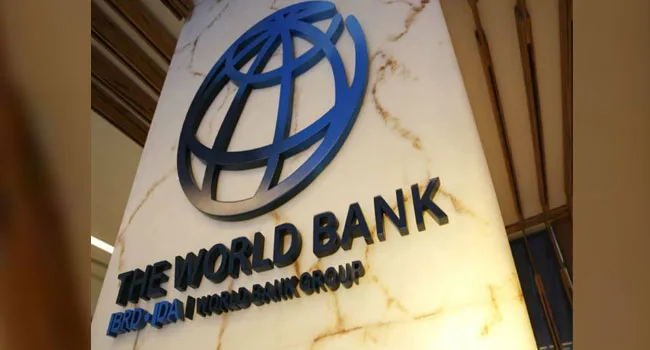Despite billions of naira spent annually to cushion hardship, a new World Bank report has revealed that Nigeria’s social safety-net programmes are failing to reach those who need them most.
In the report titled “The State of Social Safety Nets in Nigeria” (November 2025), obtained on Tuesday, the Bank found that only 44 per cent of total benefits from government-funded safety-net schemes actually reach poor Nigerians.
The report assesses Nigeria’s social spending, examining coverage, targeting, and effectiveness. It concludes that poor design, fragmented implementation, and weak funding have left millions of vulnerable citizens without meaningful relief—despite repeated government promises to reduce poverty.
Poor targeting, limited impact
According to the World Bank, while 56 per cent of beneficiaries of safety-net programmes are poor, they receive only 44 per cent of total benefits. This imbalance, the report explains, stems from the design of most initiatives—such as the National Social Safety Nets Programme (NASSP)—which allocate a fixed amount per household rather than per person.
As a result, larger, poorer families must share the same benefits among more members, reducing the real value of assistance. Programmes that target individuals, like the National Home-Grown School Feeding Programme (NHGSFP), are less affected but still limited in scope, covering only pupils in grades one to three and lacking full national reach.
“Safety nets expenditure is inefficient, with a smaller share of benefits going to the poor,” the report stated. “Even in well-targeted programmes, benefit levels are determined at the household level, meaning poorer and larger households receive relatively less per person.”
Minimal impact on poverty
The World Bank noted that Nigeria spends just 0.14 per cent of its Gross Domestic Product (GDP) on social protection, far below the global average of 1.5 per cent and the Sub-Saharan African average of 1.1 per cent.
At this level of funding, the Bank warned, social protection efforts have “almost no impact” on poverty, reducing the national poverty headcount by only 0.4 percentage points.
“Low coverage, small benefit sizes, and poor targeting have contributed to the negligible impact of Nigeria’s social safety nets,” the report said, adding that outcomes are “much lower” than in most other low- and middle-income countries.
The report also raised concerns about Nigeria’s heavy reliance on external financing. Between 2015 and 2021, official development assistance accounted for about 60 per cent of federal spending on safety-net programmes, with the World Bank providing over 90 per cent of that support.
The Bank warned that such dependence exposes Nigeria to serious funding risks if donor support declines.
“There is an urgent need for Nigeria to create fiscal space for sustainable social safety-net programming,” it cautioned.
Government efforts and gaps
Recently, Wale Edun, Minister of Finance and Coordinating Minister of the Economy, announced that the federal government aims to reach 15 million households—about 70 million people— through its digital cash-grant scheme.
He disclosed that 8.5 million households have already received at least one tranche of the ₦25,000 payment, with the remaining 6.5 million households expected to be paid before year-end.
Despite these efforts, the World Bank maintained that most programmes are too small and unevenly distributed to make a measurable dent in national poverty levels.
A Promising Path: The National Social Registry
However, the report highlighted some encouraging progress under the National Social Safety Nets Programme (NASSP), which relies on the National Social Registry (NSR) to identify and reach poor households.
Among NASSP beneficiaries, poverty fell by 4.3 percentage points, and the poverty gap narrowed by 4.2 percentage points—nearly ten times greater than the combined impact of all other safety-net initiatives.
With over 85 million individuals already captured, the NSR has become the largest social registry in Sub-Saharan Africa, providing what the Bank described as “a ready-made platform for more accurate and transparent delivery of social assistance.”
“If well-targeted programmes like NASSP are scaled up, the poverty impacts can be significantly higher,” the report concluded.


